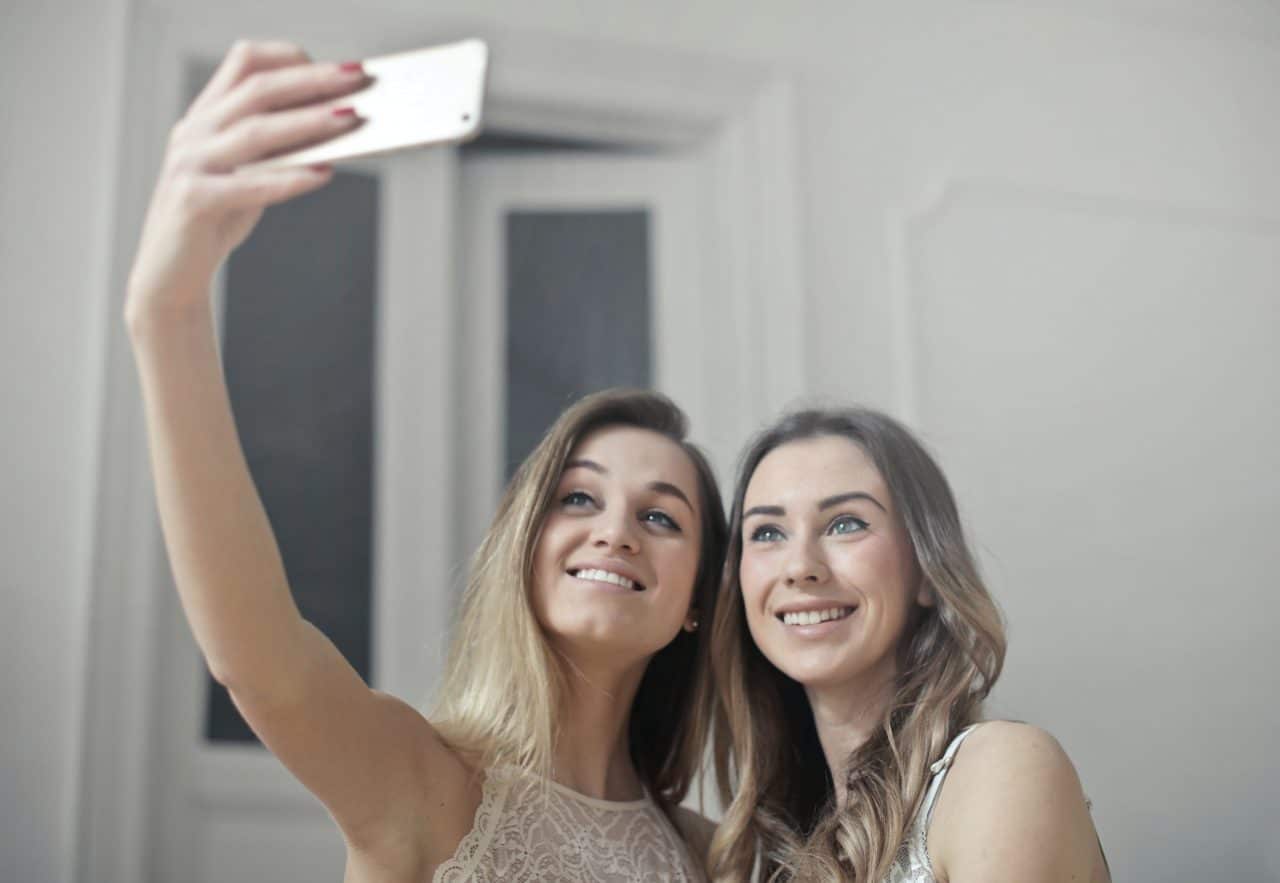Thanks to advances in smartphone technology, nearly everyone carries a camera around with them. This is great in some aspects, as it makes capturing precious candid moments and even taking notes during lectures much easier and more convenient. However, studies show there are risks, too. Researchers have found that selfies – photos taken of oneself, typically with a smartphone’s front camera – alter how you actually look. This is impacting an entire generation’s self-image.
What the Data Shows

A poll by the American Academy of Facial Plastic and Reconstructive Surgeons found that 42 percent of surgeons have seen patients seeking cosmetic procedures to improve their appearance in selfies.
“Patients under age 40 take out their phones and tell me they don’t like how they look,” explained Dr. Boris Paskhover of Rutgers New Jersey Medical School in Newark. “They literally show me a selfie of themselves and complain about their noses … I have to explain that I understand they’re not happy but what they’re seeing is distorted.”
This is why Paskhover and his colleagues created a mathematical model for describing the distortive effects of selfies taken at various camera angles and distances.
About the Study
The purpose of the study was to prove that selfies increase perceived nasal size. Researchers modeled an average looking male and female face from a random sample of racially and ethnically diverse participants around the U.S. Using these models, researchers calculated the relative distortion of various facial features seen by a camera at 12 inches and five feet away.
“When taken at 12 in away … selfies increase nasal size by 30% in males and 29% in females compared with an orthographic projection. Predictably, an image taken at 5 ft, a standard portrait distance, results in essentially no difference in perceived size,” the authors said.
Implications of Research
Next time you take a selfie and are unhappy with the result, consider how your camera is affecting your self-perception and self-esteem.
“I really think we need to be self-aware that our cameras are skewing what we see. It’s not true,” Paskhober said. “The younger generation needs to be aware of it — social media is everywhere.” For more information or to talk to an experienced aesthetician, contact ENT of Athens today.